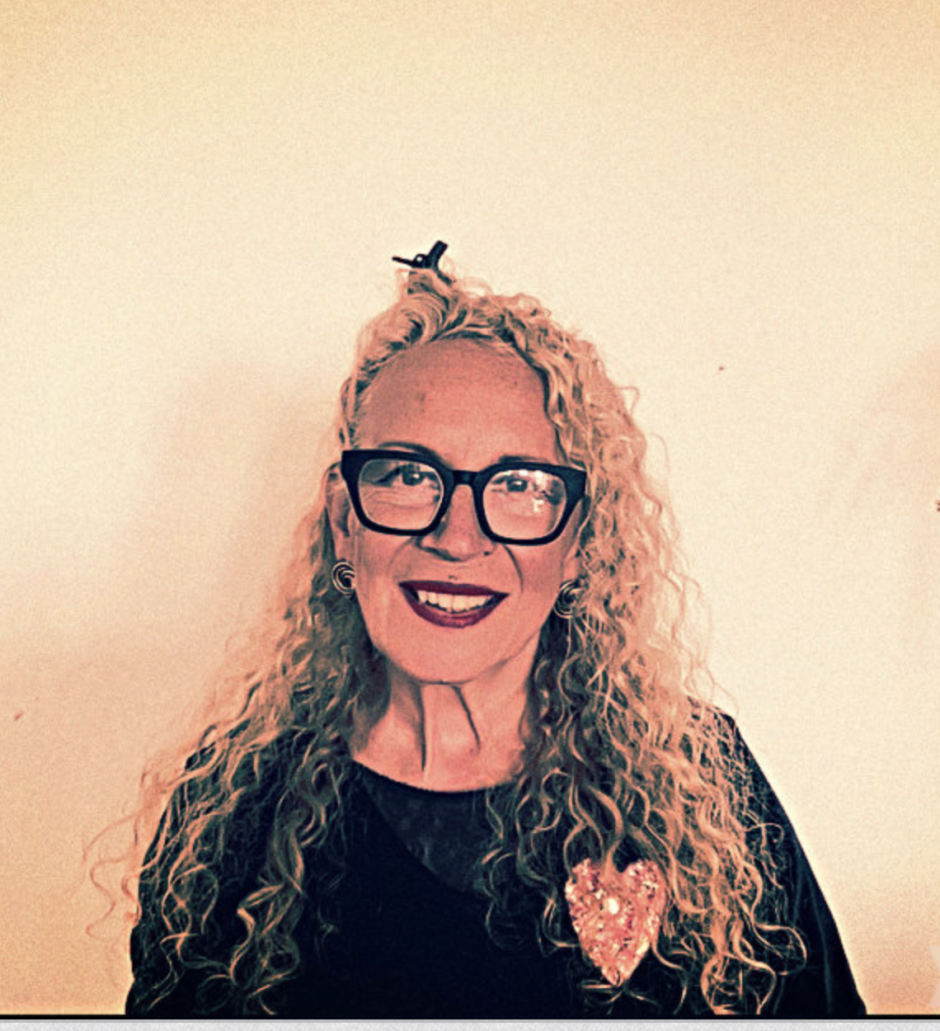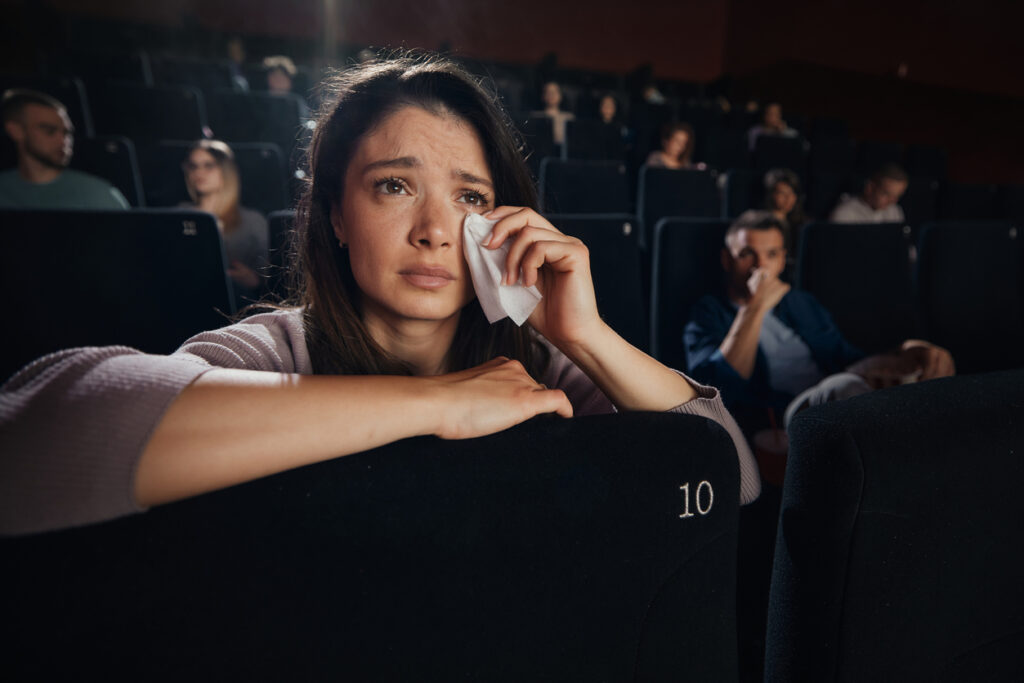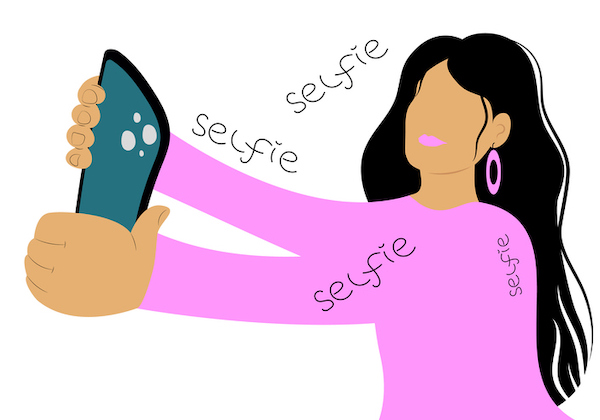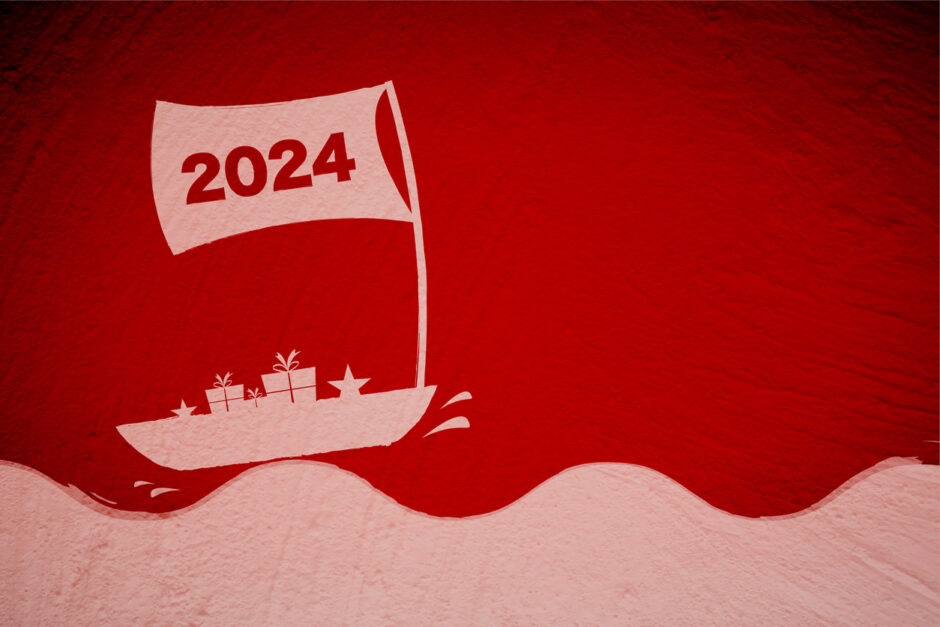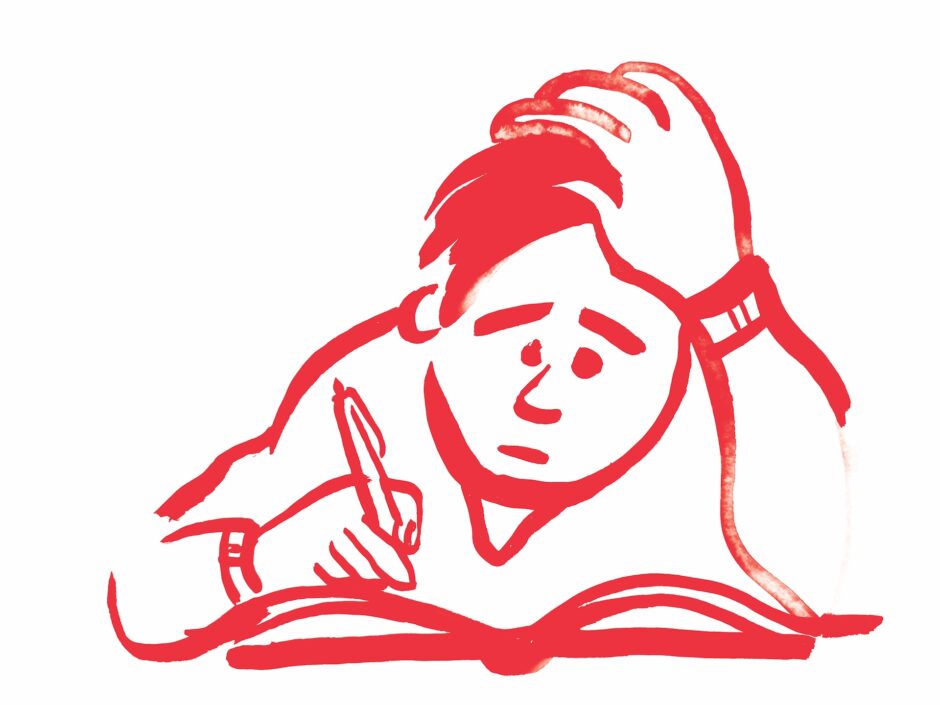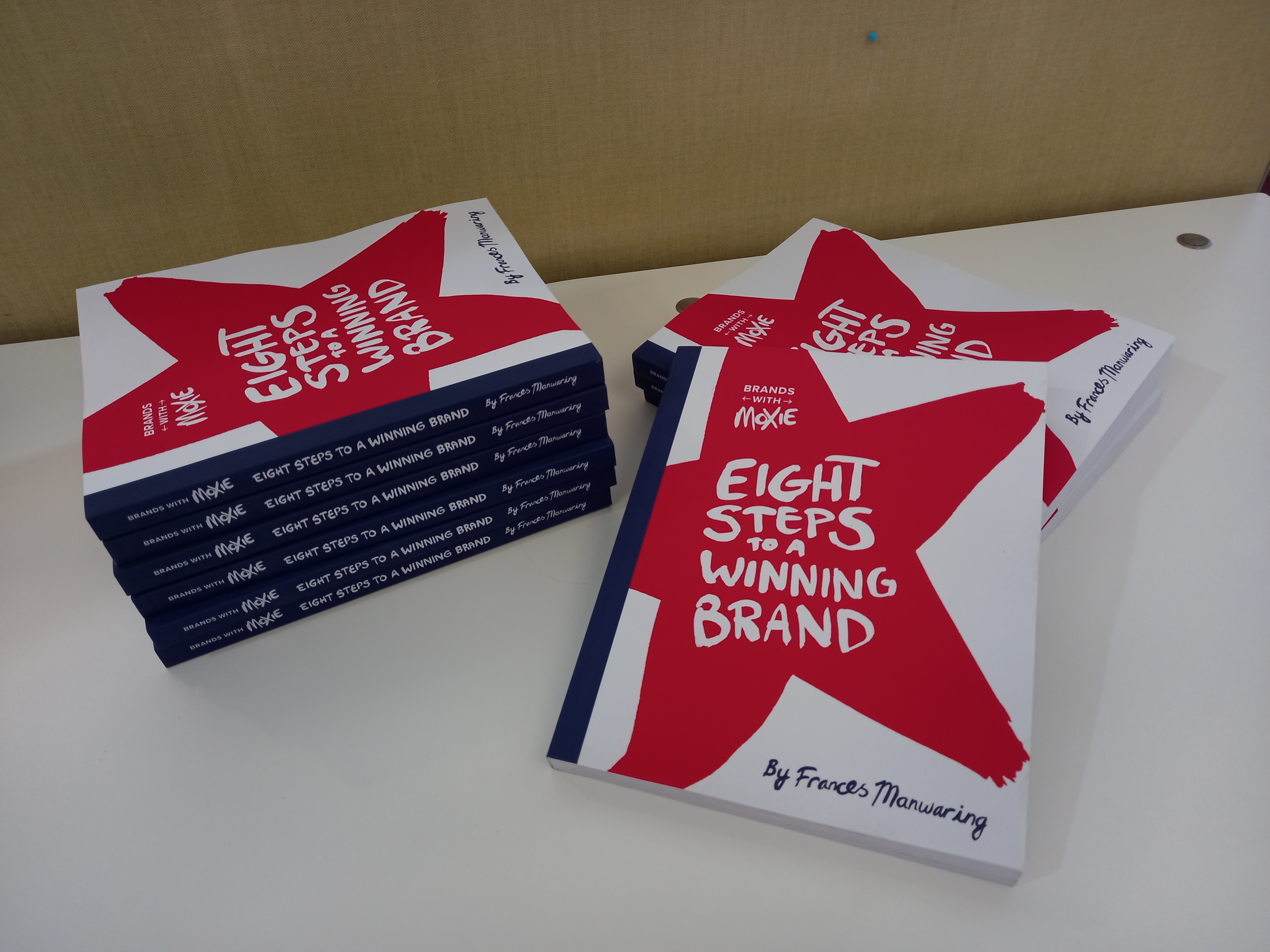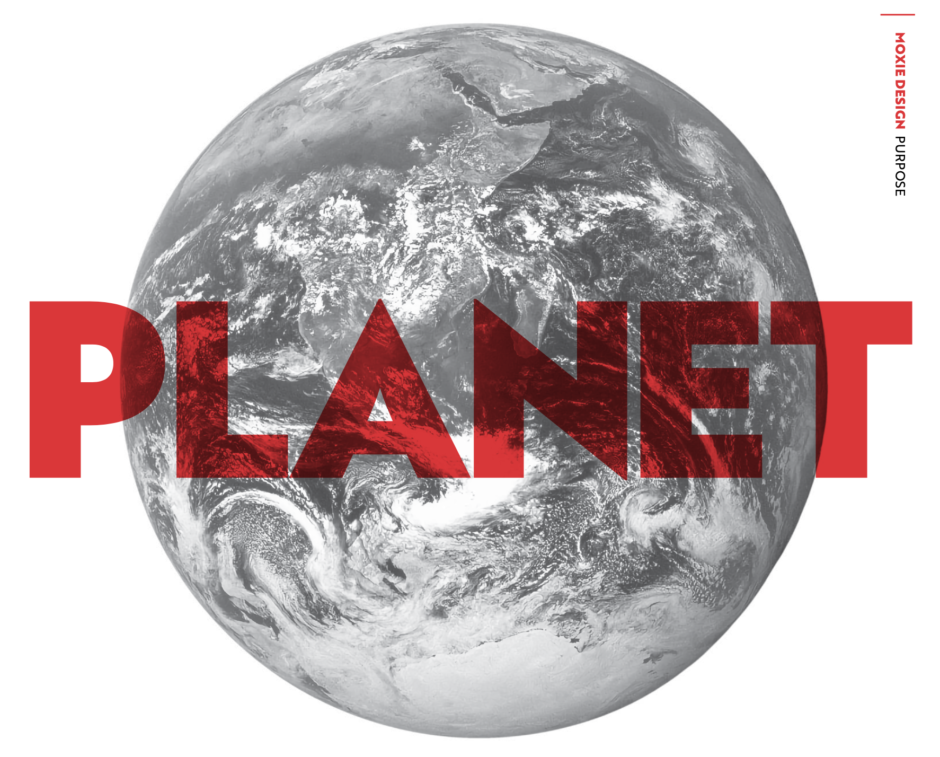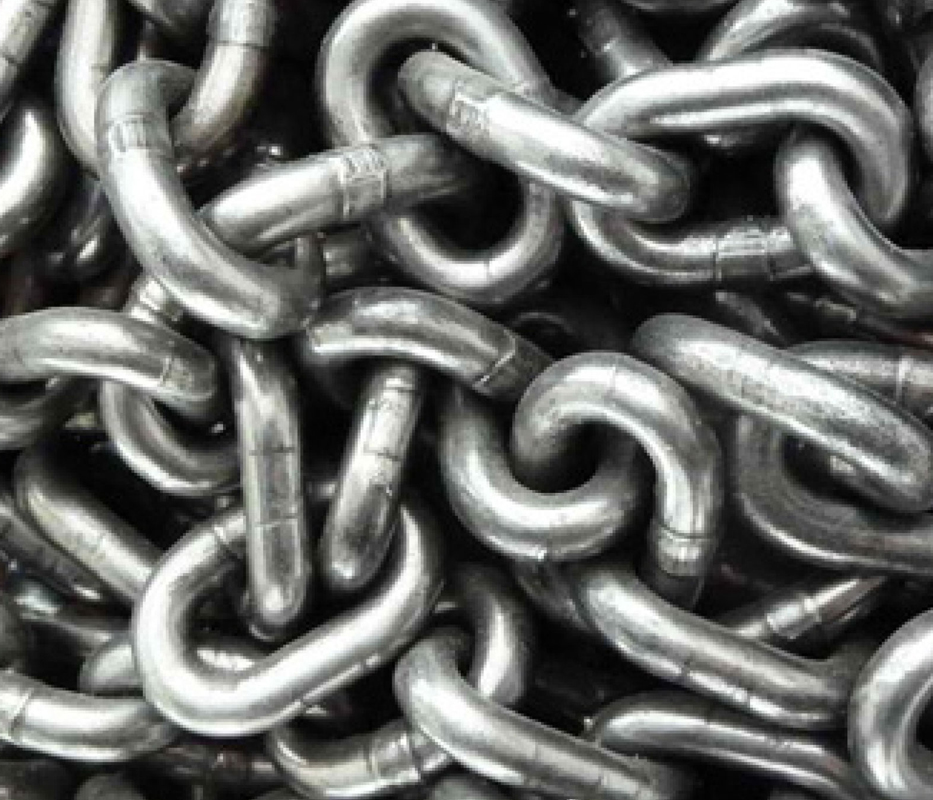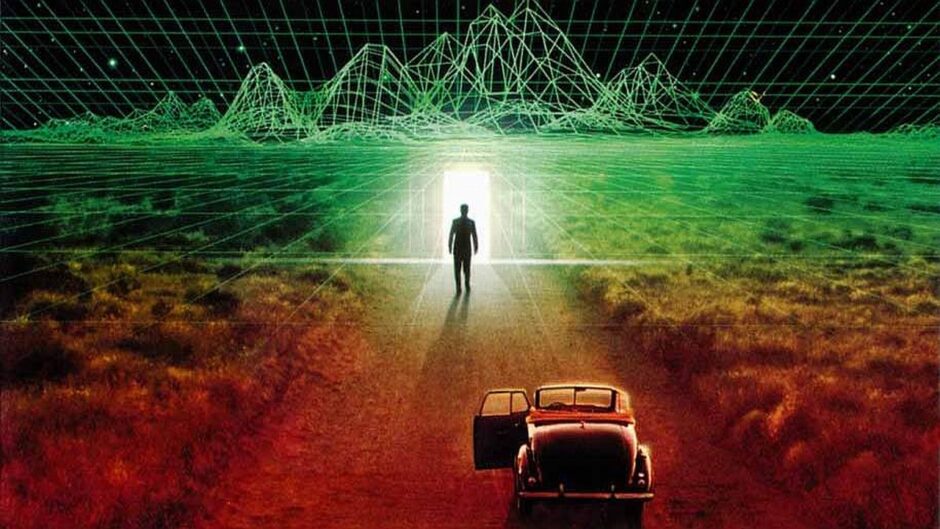If you came into the world sporting insanely curly hair like me, you’ve probably had a love/hate relationship with it throughout your life.
It’s estimated that about 60% of us have curly hair. That’s a fair chunk of people who regularly decide they don’t want the hair type they were allocated because it’s not the ‘in’ thing. Of course, we shouldn’t fall victim to this eternal runway of fashion ins and outs but … advertising is a powerful shapeshifter. We want to be beautiful, have the right look, not be ‘othered’.
To be clear, I haven’t spent my entire life obsessing about whether to straighten my crowning glory or let it do its corkscrewed worst, but here’s the thing. At times when the world has worshiped at the shrine of flowing straight locks, for us frizz heads, smooth, sleek hair seems as precious as Tutankhamun’s Golden Mask, and just as out of reach. We live our lives on that most uncomfortable of places, the horns of the to smooth or not to smooth dilemma.
People, talk about beauty shaming. What about hair shaming? Shouldn’t that be a thing too? Straight or curly, there’s always a time when what you have doesn’t cut it according to the fashionistas and you don’t feel in the slightest pretty — a topic I’ve covered in a previous post.
When I finally acknowledged a couple of years ago that I might as well have been trying to nail jelly to the wall as keep my tousled tresses under control for significant chunks of my life, I put a stop to a lifetime of denial. I stepped away from the Curly Wars and towards my best hair life, casting aside all the primping paraphernalia like so much unwanted baggage.
I was a curly-haired cherub as a child. People would positively croon over my gorgeous golden spirals … and I basked in their admiration, right? Wrong, I hated it. As I entered my teens, I realised my look just didn’t make the cut … as it were. I wanted to be a long-haired badass, not a curly-haired little butter wouldn’t melt in my mouth poppet. When my mother’s hair writ split at the ends in my early teens, I went on a long march to curly freedom.
But oh, the pain of the journey. Getting short curly hair to the bit where it’s a cascading glory not a god-awful grotesquerie builds lifelong attributes like inner fortutide, grit and determination. My recalcitrant curls couldn’t seem to stir themselves to grow any length, and for a couple of self-loathing years, I became that person. The nerdy, bookworm, violin-playing possessor of a horror story triangular frizz.
At that time, it wasn’t the curls per se that were the problem—Marc Bolan had already seduced us with his lyrical depth, “I ain’t no square with my corkscrew hair” in Telegram Sam. And I wanted to be that person. Pity the diminutive Glam Rock pioneer prematurely got curled around a tree in a pocket rocket Mini in 1977 just a couple of weeks short of his 30th birthday. The curly world mourned more than the loss of a rock legend. Think what he could have done to change the curly conversation over the years. Or maybe even the Mighty Mouse of the singing world would have succumbed to prevailing hair trends along with the rest of us Lemmings.
It doesn’t matter a damn that other people rave about your curls – curls are a personal thing.
It also doesn’t matter a damn that other people rave about your curls. Many people have put mine up on a pedestal. Everyone except me seems to love them. But curls are a personal thing. Mine weren’t the sleek Siren look I lusted after because “it is known” (a la Daenerys’s handmaids in Game of Thrones) or at least it certainly seemed to me that straight hair was perceived as more appealing and sexier than curls. As a consequence, I spent hours daily duelling the unruly little suckers with a blow dryer. I’d section my hair and brush each one over and over until it had a semblance of straightness. It was all awful for the hair, but we didn’t have the flat irons and specialised product we do now.
Ironically, I grew up in a cold climate where gale-force winds, driving rain or blizzard conditions were the prevailing weather conditions, so all the hours of smoothing went out the window the minute I stepped out the door. Remember the episode of Friends when Monica landed in Hawaian humidity with glorious sleek hair that frizzed out the minute she stepped off the plane? Been there, done that, worn the tee-shirt.
So, I started straightening in the mid-seventies, the time as some wag said, when hippies roamed the earth and footballers sported perms and ‘tashes. But it wasn’t until the mad eighties that we reached peak curl. The eighties were a riot of too much everything. I moved to London in 1981 and revelled in the excess. It was a time when fashion was said to have thrown discretion to the winds and gone plain wild. It was all about extreme individuality—the tail end of the Punk Era and the rise of the New Romantics. Big, curly hair wasn’t just a style but an attitude. In that decade, if you had straight hair, you were screwed. Hair was ‘pouffed’ to within an inch of its product-laden life. Body was the bomb. Curls reigned supreme. I was at last free to stop trying to coax my curls into conformity and revel in my great good fortune in not needing a perm to achieve the look.
By the eighties, we reached peak curl. Big, curly hair wasn’t just a style, it was an attitude. If you had straight hair, you were screwed!
Then, from the mid-nineties, it all went pear-shaped again as the pendulum of fashion swung, as is the way with pendulums. And, to my shame, I swung with it … and then swung back … and swung again.
OK, so I exaggerate in the interests of a good story. I’m not—quite—the fashion victim I’m making myself out to be. What’s fuelled my personal curl-path more than wanting to be in with the In Crowd has been my prevailing mood. Curly is confident me—the kickass, outgoing facet of my many-faceted self. Straight has often accompanied the stressful, conflicted me, coping with times of uncertainty and change. I guess it was a way of imposing some order and feeling a bit glam.
Women are notable for slashing long hair when relationships break down. In my case, I tend to go to ground and dial everything, including my hair, down while I re-energise and recover from whatever’s bothering me. For sure, fashion trends have some impact—I don’t live in a vacuum—but it’s largely about how I’m feeling.
Anyway, in this tale with a lot of twists, I’m glad to have once-and-for all accepted that my curls are one of my superpowers. I am once more a rebel without a comb. Like the Hidden Tiger, I’m coiled and ready to spring. My hair has always been more mood than mane. I finally see that curly hair like mine isn’t just a plate of food. It’s a signature dish.
And how clever of me to come to this life-changing conclusion at a time when curly hair has become infinitely Instagrammable. Tellingly Tik Tokable. The frisson of frizz fascinates rather than frightens. Posting endless pix of your capricious curls is all the rage. It’s not just in our modern times that curls have come and gone. It’s been the same story since Eve was blamed for everything and chucked out of Eden.
Humans are contrary by nature—we’re rarely happy with what we’ve got. The curly want straight, and the straight want curly. It was ever thus. My advice? Keep calm and curl on.
Here’s my Top Twenty picks from Instagram’s curly cuties whose “spirals have gone viral”.
Courtesy of Wolf Global
- Embracing the chaos, one curl at a time
- Sassy, classy and a bit smart-assy
- Born to be wild and curly
- Twist, shout, and let those curls out
- Curly hair, don’t care, got flare everywhere
- Curls rule the world
- In a sea of straight, my curls are the wave
- Living the curly life one spiral at a time
- Embrace the chaos of your curls
- Let your curls do the talking
- Sassy, classy, and a bit smart-assy… courtesy of my curls
- Walk through life like it’s a curly runway
- When life gives you curls, flaunt them
- Own your curls, own your crown
- Fearless in the pursuit of what sets my curls on fire
- My hair isn’t messy; it’s just erupting with awesome
- Curls are the exclamation point of my personality!
- Perfectly curled and unapologetically bold
- Curls on point; life on track
- It’s not just curls; it’s an attitude with spirals.

